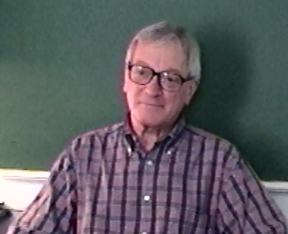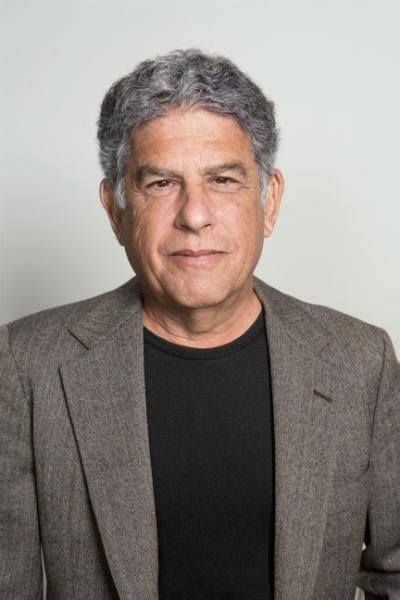A Quote by Richard Selzer
Thus is the fruit of the Earth taken, its flesh torn. Thus is it given over standing, toward rot. It is the principle of corruption, the death of what is, the birth of what is to be. You are wine.
Related Quotes
At physical death man loses his consciousness of the flesh and becomes conscious of his astral body in the astral world. Thus physical death is astral birth. Later, he passes from the consciousness of luminous astral birth to the consciousness of dark astral death and awakens in a new physical body. Thus astral death is physical birth. These recurrent cycles of physical and astral encasements are the ineluctable destiny of all unenlightened men.
There is to me about this place a smell of rot, the smell of rot that ripe fruit makes. Nowhere, ever, have the hideous mechanics of birth and copulation and death -those monstrous upheavals of life that the Greeks call miasma, defilement- been so brutal or been painted up to look so pretty; have so many people put so much faith in lies and mutability and death death death.
Whatever thought grips the mind at the time of death is the one which will propel it and decide for it the nature of its future birth. Thus if one wants to attain god after death, one has to think of him steadfastly... This is not as simple as it sounds, for at the time of death the mind automatically flies to the thought of an object (i.e. money, love) which has possessed it during its sojourn in the world. Thus one must think of god constantly.
Thus at every step we are reminded that we by no means rule over nature like a conqueror over a foreign people, like someone standing outside nature - but that we, with flesh, blood and brain, belong to nature, and exist in its midst, and that all our mastery of it consists in the fact that we have the advantage over all other creatures of being able to learn its laws and apply them correctly.
Thus is Jesus in all respects fitted for his mighty work of redeeming. He is very man and very God. He is the seed of the woman, the seed of Abraham, the seed of David, the son of Mary, yet God over all, blessed forever. Thus He can bear our sins; He can sympathize with our sorrows; He can fight our battles; He can love as a man, a fellow man, bone of our bone, and flesh of our flesh.
Every wild apple shrub excites our expectation thus, somewhat as every wild child. It is, perhaps, a prince in disguise. What a lesson to man! So are human beings, referred to the highest standard, the celestial fruit which they suggest and aspire to bear, browsed on by fate; and only the most persistent and strongest genius defends itself and prevails, sends a tender scion upward at last, and drops its perfect fruit on the ungrateful earth. Poets and philosophers and statesmen thus spring up in the country pastures, and outlast the hosts of unoriginal men.
A poem, as a manifestation of language and thus essentially dialogue, can be a message in a bottle, sent out in the –not always greatly hopeful-belief that somewhere and sometime it could wash up on land, on heartland perhaps. Poems in this sense too are under way: they are making toward something. Toward what? Toward something standing open, occupiable, perhaps toward an addressable Thou, toward an addressable reality.
In any activity, we have to know what to expect, how to reach our objectives and what capacity we possess for the proposed task. The only people who can say they have renounced the fruit are those who, thus equipped, feel no desire for the results of the conquest, and remain absorbed in combat. You can renounce the fruit, but this renunciation does not mean indifference toward the result.


































